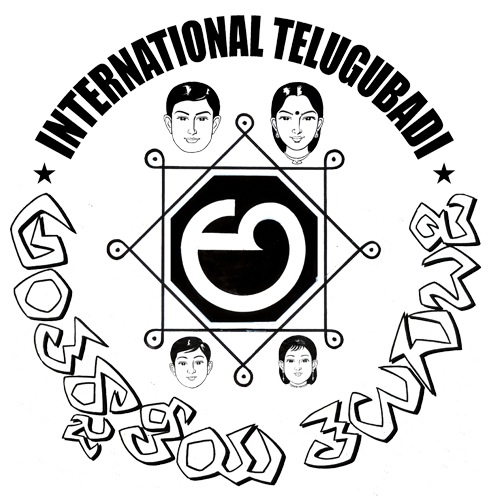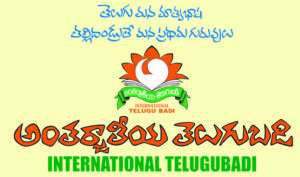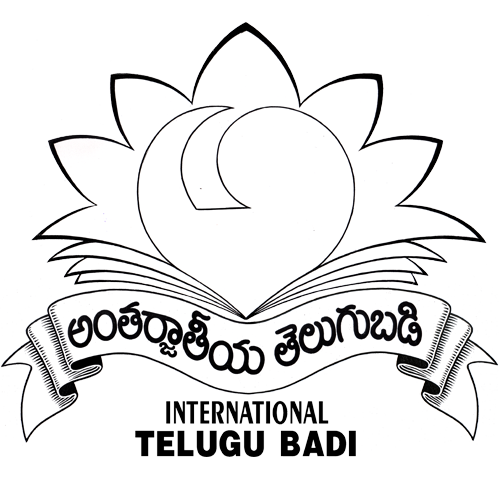Telugu Culture
Culture is the conglomeration of traditions and living values. It reflects the rich history, celebrates the current successes and paves the way for future. It is ever changing and adapting to reflect newer circumstances, new generational thinking and global lifestyle, enriching the unique core values that brought success and recognition for Telugu people living in India and around the world. Culture is widely reflected in the human mixture of the language, literature, music, dance, drama, paintings and other fine arts and performing arts. It is also highlighted in the celebration of festivals and the social living in one’s own country or the adopted home country.
Culture is the river that originates in the mountains of high ideals of the individuals and the unique living traditions of the community, inherits the beauty and the diversity of its surroundings while tracing its course towards the vast oceans of human values. Culture is like a butterfly that needs to earn its freedom and build its strength through the struggles of learning, patience and practice. Culture can not be preserved and protected in closed fists but, after imparting necessary core values and showing the direction towards better future, it should rather be released to fly freely to scale to newer heights with confidence, incorporating the universal beauty with its inner happiness and adapting itself to gain flexibility to be successful at meeting future challenges.
Language is the basis of any culture and if the sole purpose of language was only to communicate, culture would cease to exist. Language reflects the unique thoughts, values and aspirations of generations. Language transcribes the unique history and the heritage of generations. Language is a rich asset supporting the literature, music and other fine arts of a culturally rich society. Language spans from normal its daily usage in urban & country living to the heights of creativity with unique forms of metrical poetry metrical such as padyamulu. Language is a person’s best friend and learning a language especially one’s mother tongue reflects his/her eagerness in seeking his/her own happiness as well as the commitment to share it with his/her progeny. As soon as one recognizes the different levels of maturity in language learning and enjoying its beauty, and commits to teach to others, the survival and propagation of the language and culture starts transcending all boundaries.
“Mother”, “Motherland” and “Mother tongue (primary language)” are the three most highly revered symbols of Telugu Culture.Telugu culture also propagates Indian traditional values (sanaatana dharma) such as “Respect thy Mother, Respect thy Father, Respect thy Teacher, Respect thy Guests and All Elders”. International Telugu Badi has its roots in these universal principles and core values as reflected in the slogan “Telugu is our Mother Tongue and Parents are our First Teachers”.


